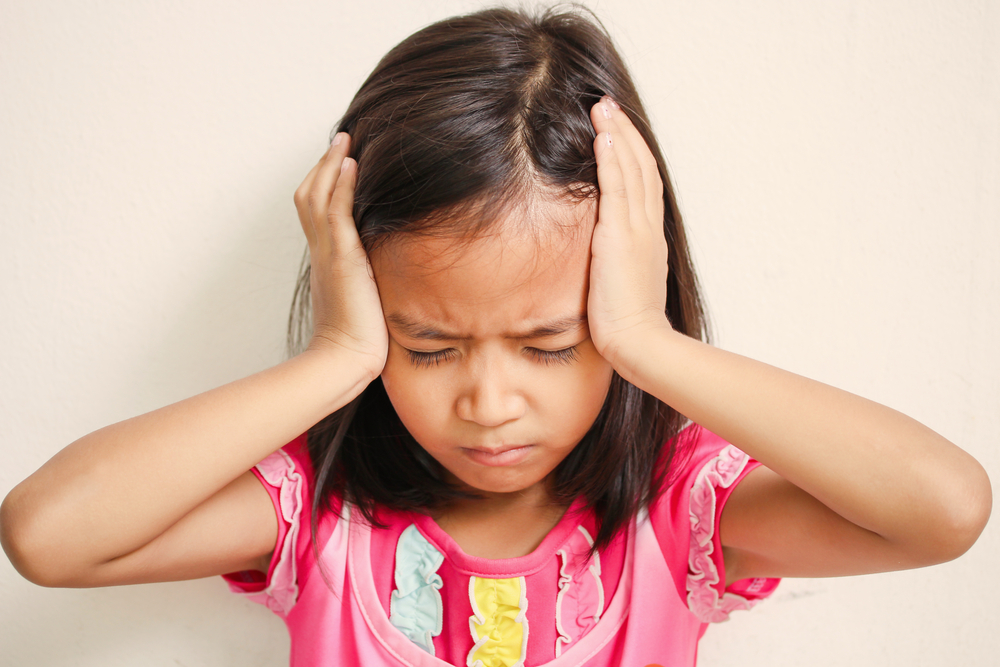Marijuana Extract May Help Treat Epilepsy, Small Study Suggests

Get the world’s most fascinating discoveries delivered straight to your inbox.
You are now subscribed
Your newsletter sign-up was successful
Want to add more newsletters?

Delivered Daily
Daily Newsletter
Sign up for the latest discoveries, groundbreaking research and fascinating breakthroughs that impact you and the wider world direct to your inbox.

Once a week
Life's Little Mysteries
Feed your curiosity with an exclusive mystery every week, solved with science and delivered direct to your inbox before it's seen anywhere else.

Once a week
How It Works
Sign up to our free science & technology newsletter for your weekly fix of fascinating articles, quick quizzes, amazing images, and more

Delivered daily
Space.com Newsletter
Breaking space news, the latest updates on rocket launches, skywatching events and more!

Once a month
Watch This Space
Sign up to our monthly entertainment newsletter to keep up with all our coverage of the latest sci-fi and space movies, tv shows, games and books.

Once a week
Night Sky This Week
Discover this week's must-see night sky events, moon phases, and stunning astrophotos. Sign up for our skywatching newsletter and explore the universe with us!
Join the club
Get full access to premium articles, exclusive features and a growing list of member rewards.
A medicine derived from marijuana may help treat children with severe epilepsy, new studies suggest. However, more research is needed to determine whether the medicine is effective and safe for use in patients with the condition, experts say.
The medicine is a liquid form of cannabidiol (CBD), one of marijuana's crucial compounds, and it is currently undergoing clinical trials in the United States and other places.
In one of the new studies, researchers administered the medicine to 261 people with severe epilepsy for three months. The study included children as young as 4 months and adults as old as 41, but most of the patients in the study were children, whose average age was 11. The experimental medicine, called Epidiolex, was added to the participants' regular anti-epileptic drug treatments.
By the end of the three months, the frequency of seizures in the people in the study was reduced by 45 percent, on average. In 47 percent of the people, the frequency of seizures was reduced by at least 50 percent, and 9 percent of the participants had stopped having seizures by the end of the three months.
However, 12 percent of the people stopped taking the medicine during the study because it did not seem to improve their symptoms. And 5 percent of the participants experienced side effects that the researchers attributed to taking the medication, such as altered levels of liver enzymes and diarrhea, according to the results, presented today (Dec. 7) at the meeting of the American Epilepsy Society in Philadelphia. [11 Odd Facts About Marijuana]
The researchers had previously tested the efficacy and safety of the medication for patients with epilepsy, but "the new study significantly extends the number of children and young adults with treatment-resistant epilepsy who received CBD," said study lead author Dr. Orrin Devinsky, director of the Comprehensive Epilepsy Center at NYU Langone Medical Center.
The results from the new study "are very encouraging with regards to both safety and effectiveness," Devinsky told Live Science. However, he cautioned that the new results are from an uncontrolled study, meaning there was no control group of participants who took a placebo instead of the drug. Only the data from the double-blind, randomized, controlled trials that are currently underway will give the researchers the critical and scientifically valid data, he said. (A double-blind study is one in which neither the researchers nor the participants know whether the participants received the drug or a placebo, so as to avoid bias.) [11 Surprising Facts About Placebos]
Get the world’s most fascinating discoveries delivered straight to your inbox.
In another study presented at the same conference, researchers administered Epidiolex to a group of 25 children with epilepsy, for one year. The children were 9 years old on average, and as in the other study, were taking the medicine in addition to their current anti-epilepsy drug regimen.
By the end of the study, 10 kids (40 percent) experienced at least a 50 percent reduction in seizures. One of the seven patients in the study who had a form of epilepsy called Dravet syndrome, which usually does not get better with other treatments, did not have any seizures by the end of the study.
However, 12 of the 25 kids (48 percent) stopped taking the medicine during the course of the study because it did not work for them, and one child stopped taking it because his seizures became more frequent while he was taking it.
Dr. Scott Stevens, an attending neurologist at North Shore-LIJ Health System's Comprehensive Epilepsy Care Center in Great Neck, New York, who was not involved in the new research, recommended that, for now, the studies on the use of CBD in patients with epilepsy be taken "with a grain of salt."
"The studies that have come out thus far are very small studies," and they have been so-called "open-label" studies, he said. This means that both the researchers conducting these studies and the patients who participated in them knew which medication was being administered, which could cause a lot of bias, he said.
Researchers are now awaiting the results of the large, randomized, placebo-controlled trials that are currently underway, Stevens told Live Science.
In another study presented at the same conference, researchers tested how CBD interacted with other anti-seizure drugs in mice. They found that CBD and an anti-seizure drug called levetiracetam seemed to enhance each other's effects, whereas CBD given with an anti-seizure drug called clobazam and another drug called carbamazepine seemed to reduce the overall effectiveness of the combined treatment.
The mouse study is one of the first studies to show researchers a little about how CBD could interact with other anti-epileptic drugs, Stevens said. However, it was done in animals, and therefore does not show how CBD would interact with these drugs in humans.
"Once again, we do need a lot more information, and that's what we hope a large randomized, controlled trial would show, and future studies of what happens in humans, in patients with epilepsy," Stevens said.
Follow Agata Blaszczak-Boxe on Twitter. Follow Live Science @livescience, Facebook & Google+. Originally published on Live Science.
 Live Science Plus
Live Science Plus










